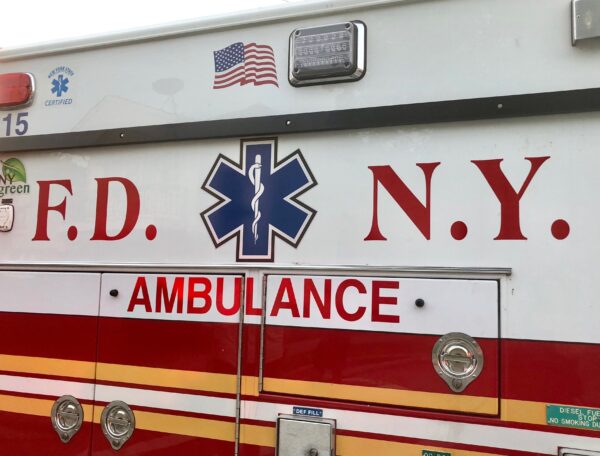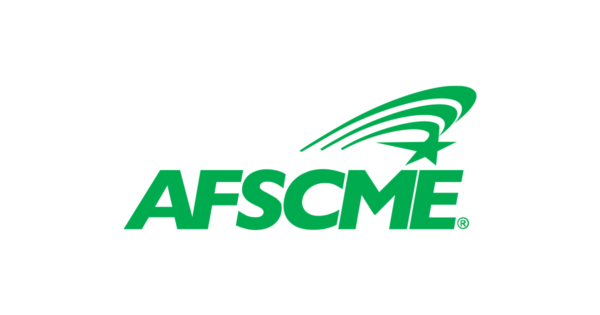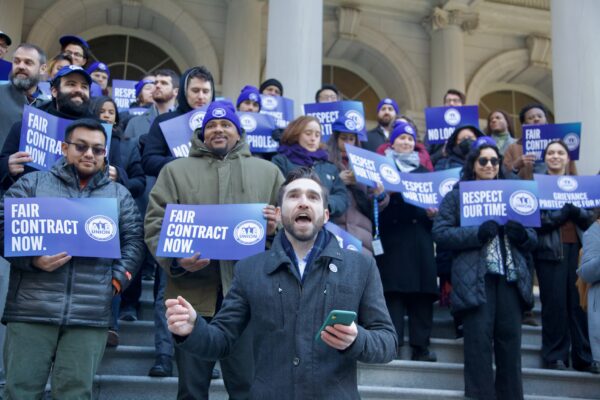July 10, 2013
By Joe Maniscalco

Brooklyn, NY – A TWU Local 100 organizer drumming up support for a huge July 24 "Transit Justice Rally" at MTA headquarters to push for restored service, is calling mayoral frontrunner Anthony Weiner’s position paper on transportation “horrible” and “awful” this week.
“I can tell you right now that Anthony Weiner’s was horrible,” TWU Local 100 organizer Cheska Tolentino told Green Party members meeting Monday night on Willoughby Street. “The others had pretty good position papers – even [Christine] Quinn. She was all about rapid transit. Anthony Weiner’s was just horrible. I couldn’t even figure it out. Did he just wake up?”
TWU Local 100 has reportedly met with the leading mayoral candidates and actively solicited their position papers on a variety of transportation issues.
Weiner, the disgraced former New York City councilman and United States representative from Brooklyn who quit the U.S. Congress and briefly withdrew from public life in 2011 after tweeting lewd photos of himself to numerous women, is supposedly leading the mayoral pack. But according to Tolentino, at least, his plan to improve mass transportation is a complete dud.
“It was awful,” Tolentino told LaborPress. “He revamped the one that he released in ’09. There is nothing of substance in it.”
Weiner’s camp did not respond to LaborPress’ requests for comment before publication.
Tolentino also had less-than-stellar reviews for the other mayoral headliners, as well.
“It’s really funny because [former MTA boss] Joe Lhota actually has good ideas,” Tolentino said. “And [former Bronx Borough President] Adolpho Carrion and [former City Councilman] Sal Albanese actually have good ideas – but the Democratic frontliners are a little like, uh…not so much.”
Of the crowded field of leading contenders dreaming of succeeding three-term Mayor Michael Bloomberg in office, Tolentino says that New York City Public Advocate Bill de Blasio’s transportation plan is well “fleshed out,” but that New York City Comptroller John Liu’s plan doesn’t contain "anything original,” and New York City Council Speaker Christine Quinn's plan is a “continuation of Bloomberg’s Plan NYC.”
“Some of them actually had good ideas,” Tolentino conceded. “We just don’t know at this point if any of them are feasible, but at least they’re giving us something.”
TWU Local 100, the union representing some 38,000 employees working in mass transit citywide, officially endorsed former Comptroller Bill Thompson’s repeat run for mayor earlier this month.
“Thompson’s [position paper] was different from everybody else’s in that it talked about weight-based fees on cars that would fund transportation, but I’m not really sure how that would work out,” Tolentino said.
TWU Local 100’s pick for mayor also supports reinstatement of the commuter tax.
The July 24 Transit Justice Rally beginning at 8:30 a.m., meanwhile, will precede crucial MTA votes that could impact the future of a number of immediate improvements to mass transit, including restoring more token booths, express X28 weekend service to Manhattan, Co-op City bus lines in the Bronx and the B37 route in Brooklyn.
“The idea of this [rally] is everybody deserves the right to safe, affordable, reliable, and accessible public transportation,” Tolentino said. “Why is the MTA cutting services to these already underserved neighborhoods, but they’re investing in improvements at Fulton Street, East Side Access, Hudson Yards – places where they know they’re going to get real estate, but average working people are left out of the conversation?”
The union is linking its push for improved public transportation to Rosa Parks and the start of the Civil Rights Movement in 1955, and believes that Hurricane Sandy has proven the need for transit redundancy on top of existing subway lines.
“Rosa Parks inspired the civil rights movement by standing up for her rights for public transportation, and this struggle continues today,” Tolentino said. “Transit means mobility to get to work, to get to social services. It also means career mobility for people. In New York City, it has been the pathway for people to enter the middle class. In recent years, this means people of color, women – it’s allowed them to enter civil service jobs with good pensions and benefits. It’s allowed people to send their kids to college and own a home.”



